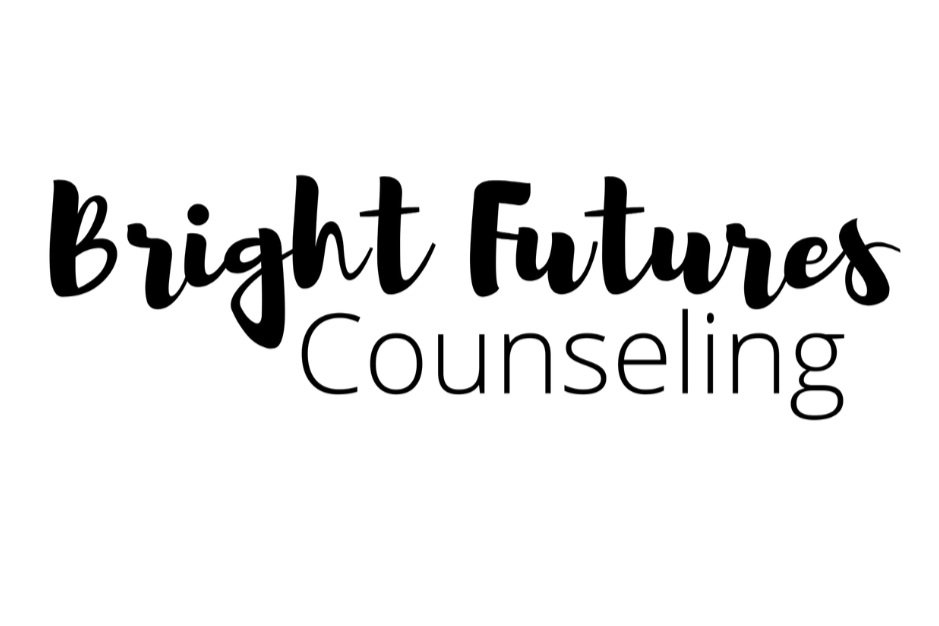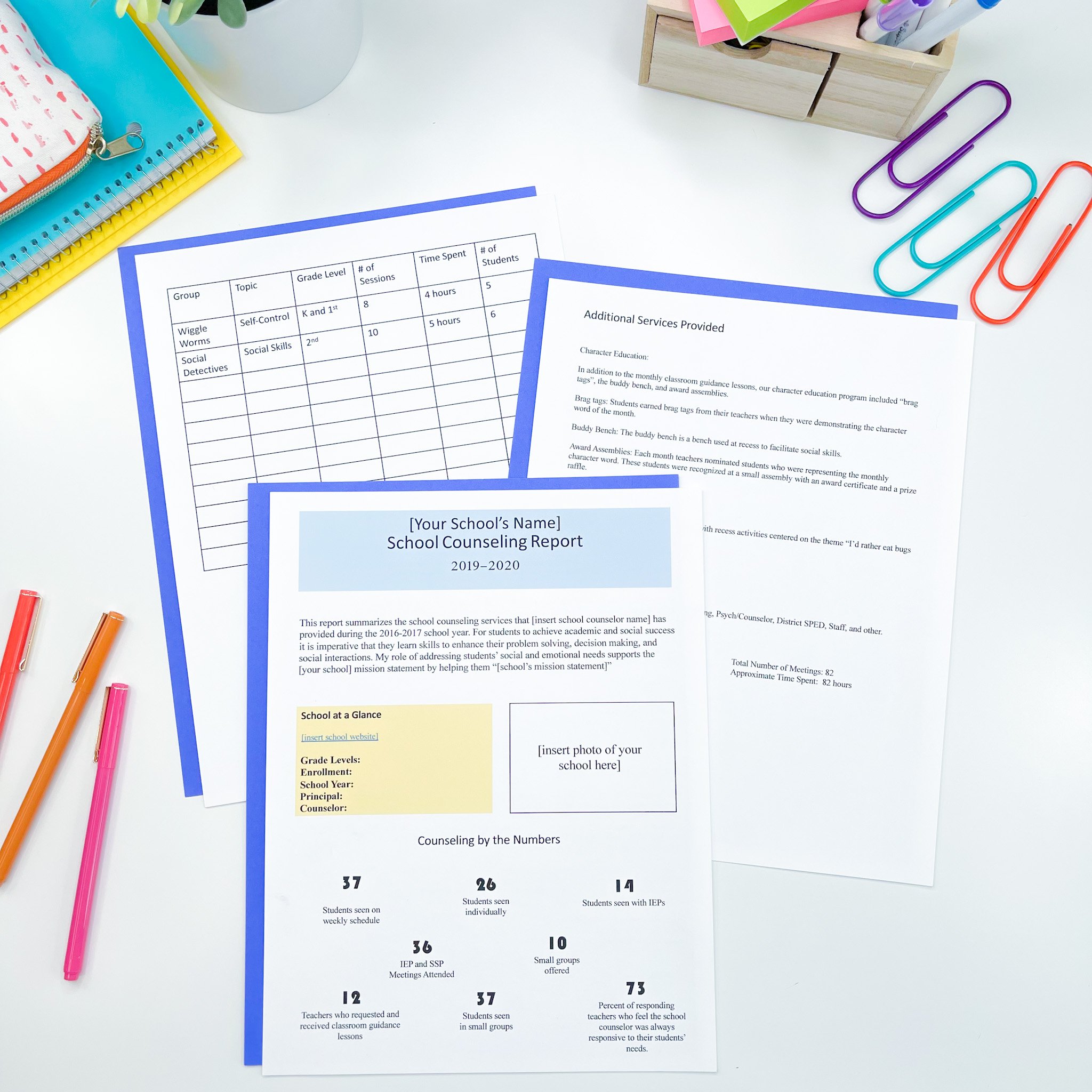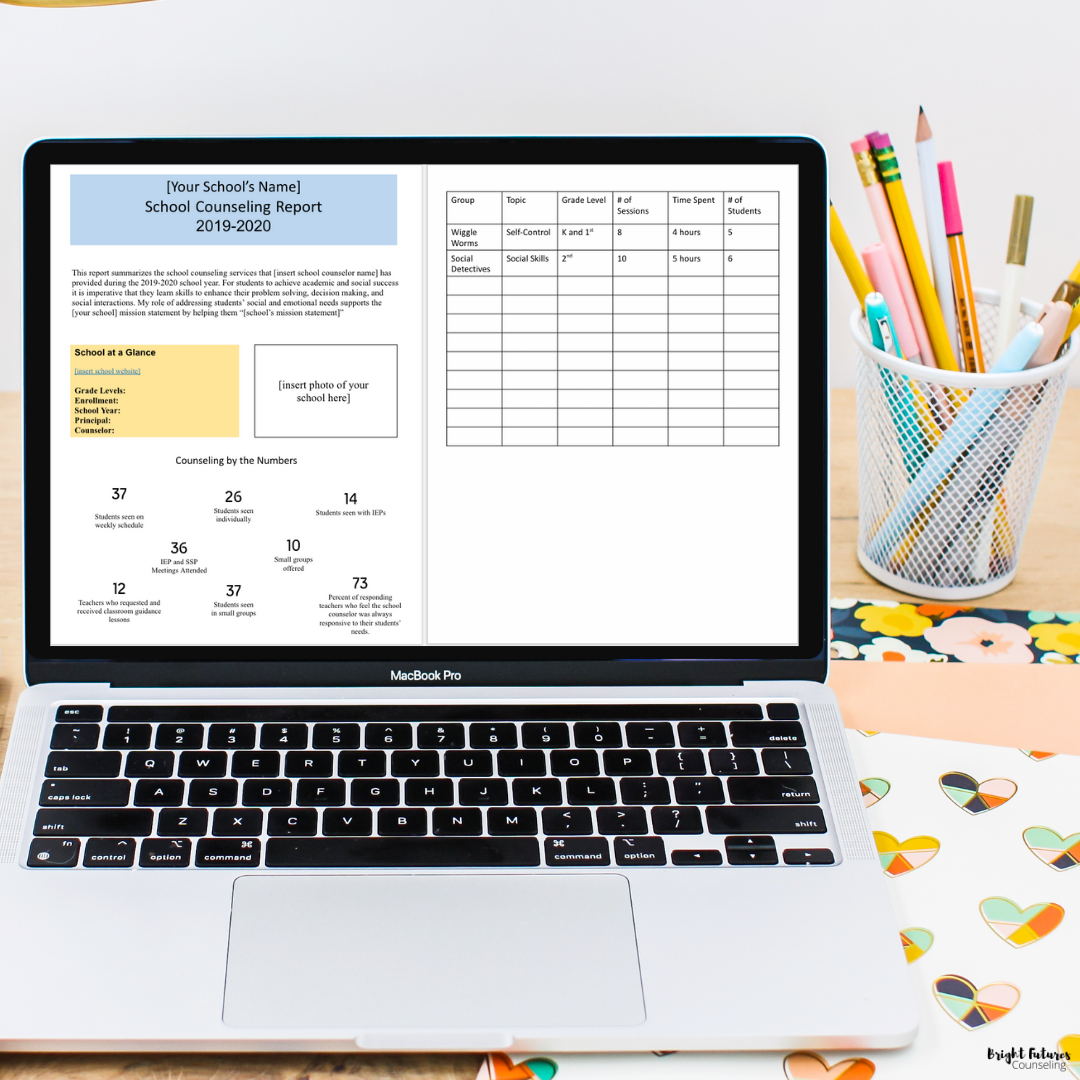Simple Strategies to Transform Your Counseling Program
Are you feeling overwhelmed? Does it seem like too much to schedule all of your lessons and groups, stay organized, and collect data…all while trying to advocate for your role and deal with pushback?! Don’t worry I have a solution for you. The good news is you can implement simple strategies to transform your counseling program, allowing you to increase your impact and advocate for your role.
Simple Strategies to Transform Your Counseling Program: Establish a Crisis Response Team Protocol
If you feel like you’re constantly putting out fires and missing scheduled sessions to attend to crises then a Crisis Response Team Protocol may be just what you need!
A Crisis Response Team Protocol helps rid that feeling of constantly putting out fires, and divies up the responsibility of responding to crises. As the counselor, you are likely the only one who's "on call."
Having a Crisis Response Team Protocol respects everyone’s time. Start by choosing other specialists for your team and mapping out the day. Different people are responsible for different times. Color coordinate your calendars to indicate who has each shift. Hopefully, there won’t be a crisis every day, so you can use this time to plan, do observations, or tackle that to-do list.
Simple Strategies to Transform Your Counseling Program: Create a Caseload Spreadsheet
If you feel like students are slipping through the cracks and you can’t remember where that permission slip went then you’re going to love getting organized by creating a caseload spreadsheet.
Create a caseload spreadsheet of all the individual and small group students you see to keep track of everyone. You can customize it to fit your needs, but here are some suggested categories to get you started.
Student Name
Teacher
Grade
Area of Need: anger management, grief, etc
Counseling Type: group, individual
Referred By: parent, teacher, self
Contacted Parent
Sent Permission Slip
Received Permission Slip
Asked Teacher Ideal Time
Scheduled Sessions
You are likely collecting this information without thinking but having it laid out makes it simple and easy to access.
Simple Strategies to Transform Your Counseling Program: Use End of the Year Report Data to Advocate for your Role
Did you know that you can use data to advocate for your role? An End of the Year Report is a great way to reflect on your program’s progress and feel proud of all of your hard work! This is where you will showcase the data you’ve been collecting all year. Your stakeholders can see what’s working (and sometimes what’s not!). This way you can modify your program to best fit all student needs.
Reading this and it’s NOT the end of the year? Use it year-round. You can do these reports at the end of each quarter or semester for a comprehensive look at how your data has changed!
I have a freebie for you! Download this Stress Free School Counseling Toolkit for more scheduling, organization, and data collection strategies.
Simple Strategies to Transform Your Counseling Program: Advocating for Your Role
There are more ways than an End of the Year Report that you can use to advocate for your role as the school counselor. Try batching communication and using a counseling log to advocate for your role and your program (while impacting more kiddos!).
Here's how:
When you optimize your schedule using batching (doing similar tasks at once to save time), you spend less time checking your email allowing you more time to see students. Setting clear boundaries communicates the value of your schedule and allows others to respect your time.
With an organized counseling log, you'll spend less time trying to organize your notes which creates more time to see kids. You can then easily show how many students you are impacting to communicate your program's value.
Simple Strategies to Transform Your Counseling Program: Handling Pushback
As you implement new systems and advocate for your role you may encounter push back. Try these tips to help others get on board!
Share the purpose and goal behind what you're doing: Parents will be more understanding about their child missing class for counseling if they understand the value of the services you provide.
Use data and research to back you up! Track data and share the results so stakeholders can see the impact you're making. ASCA is also a great resource to find infographics and handouts to communicate the school counselor's roles and responsibilities. This blog post shares some of my favorite data tracking tools.
Find your allies and use them: Collaborate and work closely with the teachers who are on board. They can likely help others come around.
Give grace! Teachers and parents may not be used to having such a proactive counselor. Be patient and give them grace as they are learning your role.
If you're thinking "Yes, please! I need more help with this. You're going to love my Stress Free School Counseling Course. Check out all of the details here.






